Our practice philosophy
Why you shouldn't always do everything, even if you could
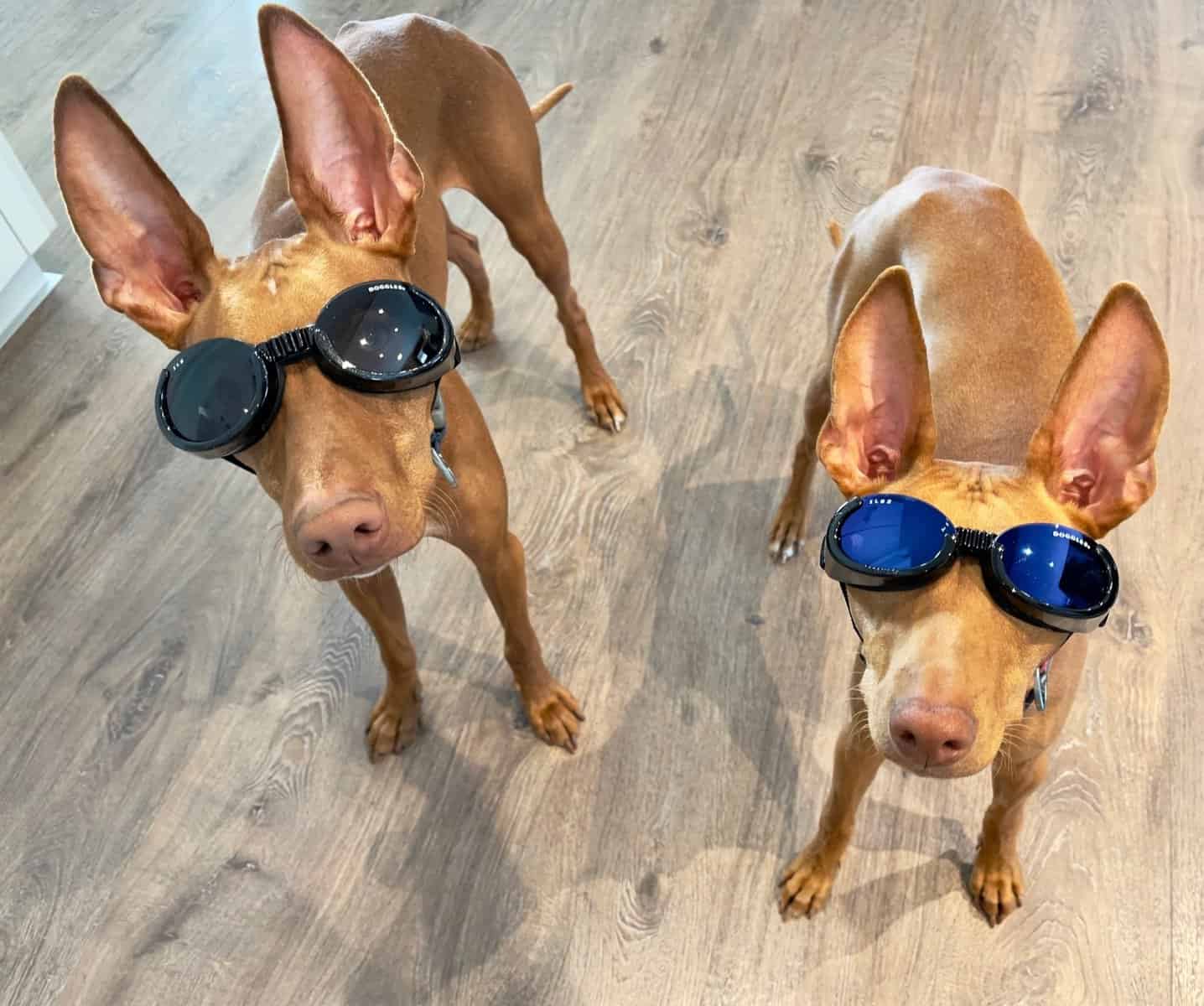
Mankind has come a long way, at least in science and technology. Today, we have examination methods, treatment techniques and surgical possibilities that were unthinkable for animals only 10-20 years ago. Precisely for this reason, however, ethics is now in demand: 'What may one do, should one do? What is better not to do?' For our practice team, the welfare of the animal is always in the foreground! We are happy to advise you.
What do we gain in terms of quality of life for our patients?
We must consistently ask ourselves the question: 'What do we gain in terms of quality of life for our patients?' We consider a mere prolongation of life to be unethical and selfish if this does not also result in a good quality of life for the animals. If so, then we are very happy and motivated to use all our knowledge and skills as well as the necessary technology to achieve this.
In order to do the best possible justice to our patients - and thus, of course, to you as a customer - we observe the principles of evidence-based medicine (EBM). The focus is on the animal and only examinations and treatments should be used that demonstrably help the patient in a targeted manner to ensure or regain a good quality of life as quickly as possible.


Why, as a very personally managed small business, can we do special justice to you and your pets?
We also see ourselves as health managers. Disease prevention and maintaining health is our first goal. This does not only apply to our patients, the pets. It is also our task to keep an eye on transmissible diseases to humans (especially children!), so-called zoonoses! The better the veterinarian knows his clientele, the more adapted and efficient is the disease prevention and the advice.
Comprehensive, 'holistic care' is especially important for sick patients. 'Holistic' approach is not reserved for alternative medicine. Orthodox medicine should also be practiced 'holistically'. In today's 'specialistism' this is unfortunately often forgotten. Although we have a lot of 'specialist-knowledge' and 'specialist-technique' to offer in the Obersee-Practice, we always want to give our main attention to the patients as a whole!
The Obersee practice is well equipped for most cases; only rarely do additional examinations have to be performed by external specialists. The size of the practice is well matched to the needs of our clientele. We are therefore not forced to perform unnecessary examinations or even excessive treatments just to finance the infrastructure. Unfortunately, this is no longer a matter of course nowadays.
This also applies in particular to operationsAlthough we can perform many operations ourselves, we are cautious about recommending operations. We only want to perform operations that have a good chance of success and lead to a noticeable improvement in the patient's quality of life.
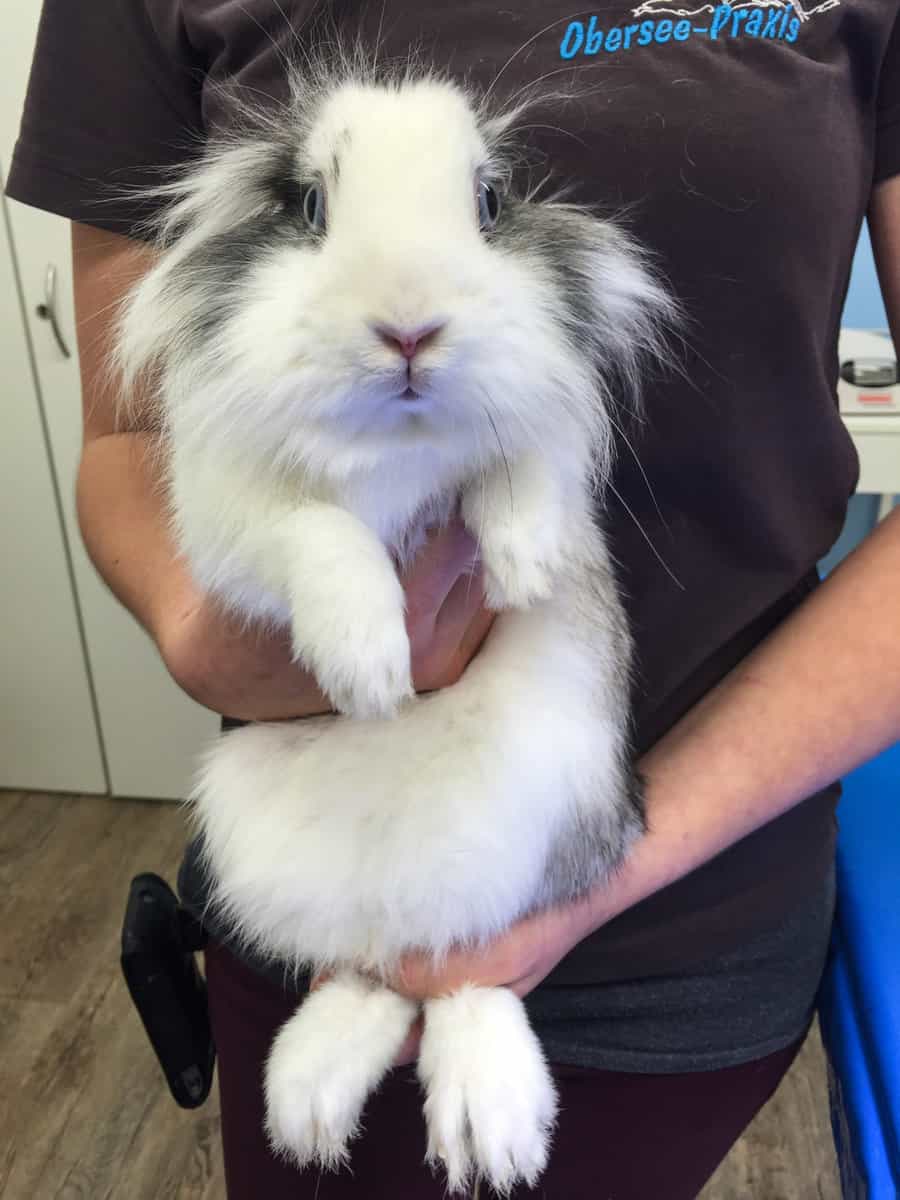
We are all in the same boat: the team of Obersee-Praxis and our customers, the pet owners, we all want only the best for our pets!
Although we bring in the objective information about the patient's condition, usually only the owners at home can see how the darling is really doing in everyday life. Together we then work out the plan of what to do. In doing so, you can rely on our extensive expertise and 30 years of professional experience in the Obersee practice.
Of course, the pet owners are always involved in all important decisions. Personal consultation is very important to us. With us all animals are 'private patients' even without 'private insurance' as in human medicine.
Is a permanent therapy with medication useful?
A question to which there are many answers: Namely, one for each patient. Not only the possible side effects should be considered, but also the expected gain in quality of life. If the animal is much better with medication and can enjoy life normally again without the high probability of side effects, we consider a permanent therapy to be reasonable.
Drugs as a permanent therapy can be used for various reasons. Continuous therapies are not only intended to mask the symptoms, but also to stop or at least slow down the course of the disease. For example, today there are drugs for osteoarthritis that slow down the course of the disease by inhibiting inflammation and at the same time reduce pain. However, if one gives a pure painkiller, one will not slow down the arthrosis. If an animal can only live to some extent with strong painkillers, fundamental questions should be asked.


Is tumor therapy/chemotherapy useful?
The clocks in our pets tick a little differently, so a half year gained is of course relatively much in percentage terms compared to a dog or cat life. 4-6 months longer life expectancy can be gained on average with a malignant tumor by chemotherapy, sometimes more sometimes less. It depends on whether the tumor can be surgically removed first, or could be directly reduced by radiation. Of course, depending on the situation, there are also cases where it is even possible to gain years. Since there are very different types of tumors and they can also occur in a wide variety of organs, there is no blanket answer for all situations.
The first step is always the exact diagnosis with the determination of the stage and the search for metastases. The age of the animal and any other diseases already present must also be taken into account. We help you to weigh the pros and cons by showing you what tumor treatment and, if necessary, chemotherapy means for your own animal.
Is there a right time for euthanasia?
Of course, it is always best when fate decides when a beloved friend leaves us. Especially if the animal can pass away peacefully. Unfortunately, this often does not happen as peacefully and beautifully as we would wish. Much suffering can unfortunately happen in the process. We are therefore glad that we have the possibility to redeem our patients in time, if possible before too much suffering, pain or even fear (as for example in case of suffocation) can occur. We try to support you in making this important decision in time.
For pet owners, the time before this decision is particularly difficult. Many questions arise: 'Can I still wait? Is my animal already suffering too much? Am I making a hasty decision?' Thanks to decades of experience, we can usually estimate quite well how a disease and thus the condition of the patient will develop. Using criteria that are as objective as possible, we assess the patient's actual condition and estimate how much suffering is already present. Of course, we also do everything possible to reduce the suffering until the decision to euthanize is made. We advise you and give our clear recommendation, the final decision is of course always with the pet owners.
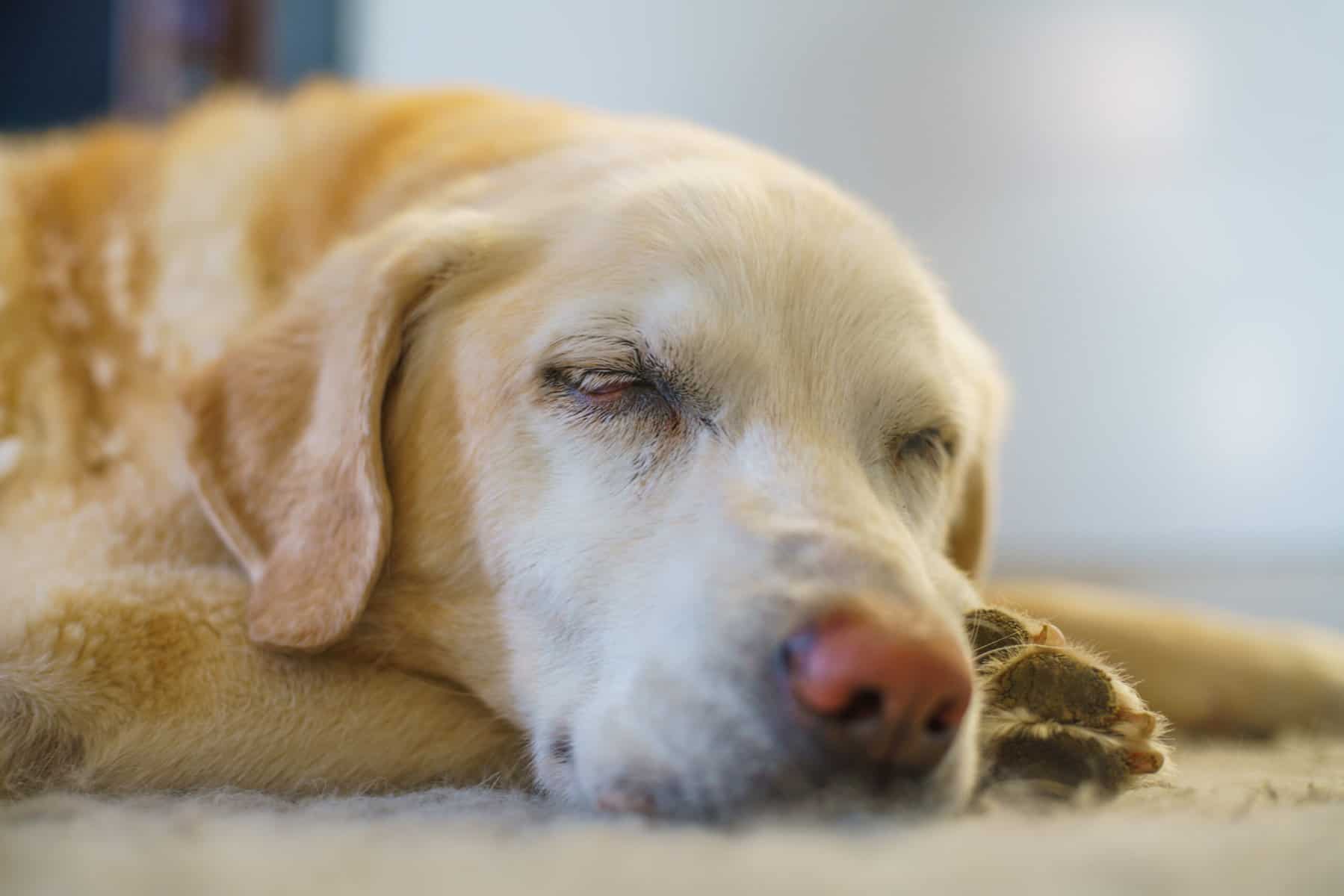
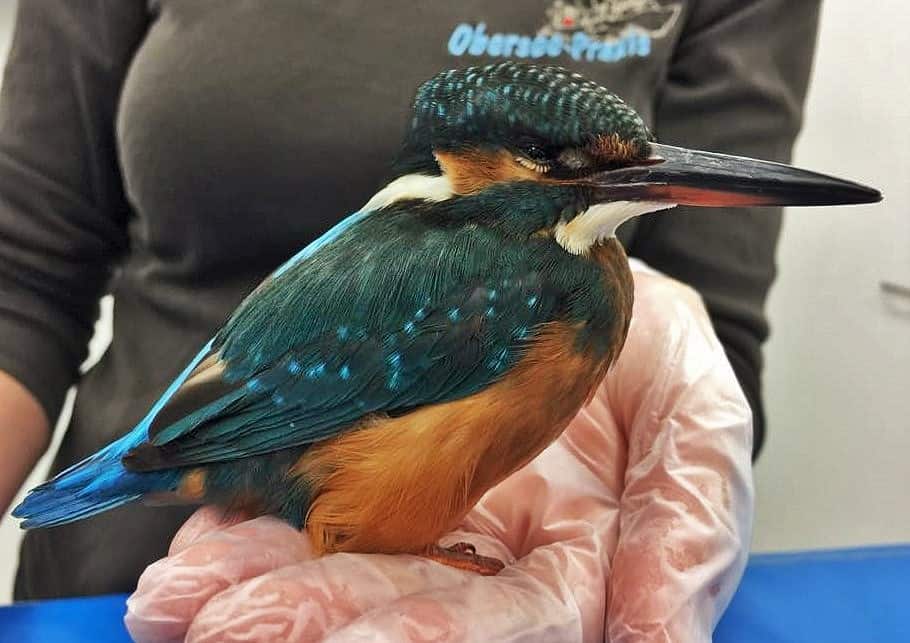
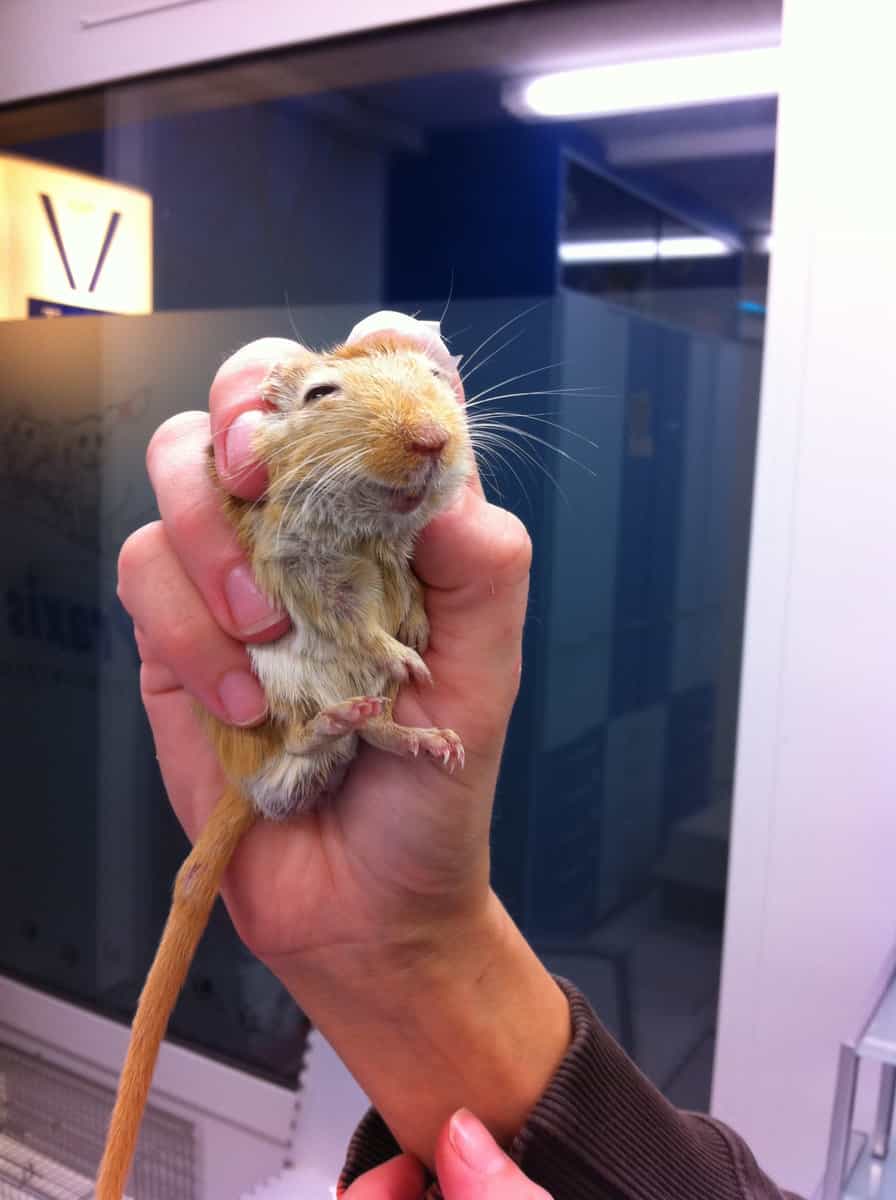
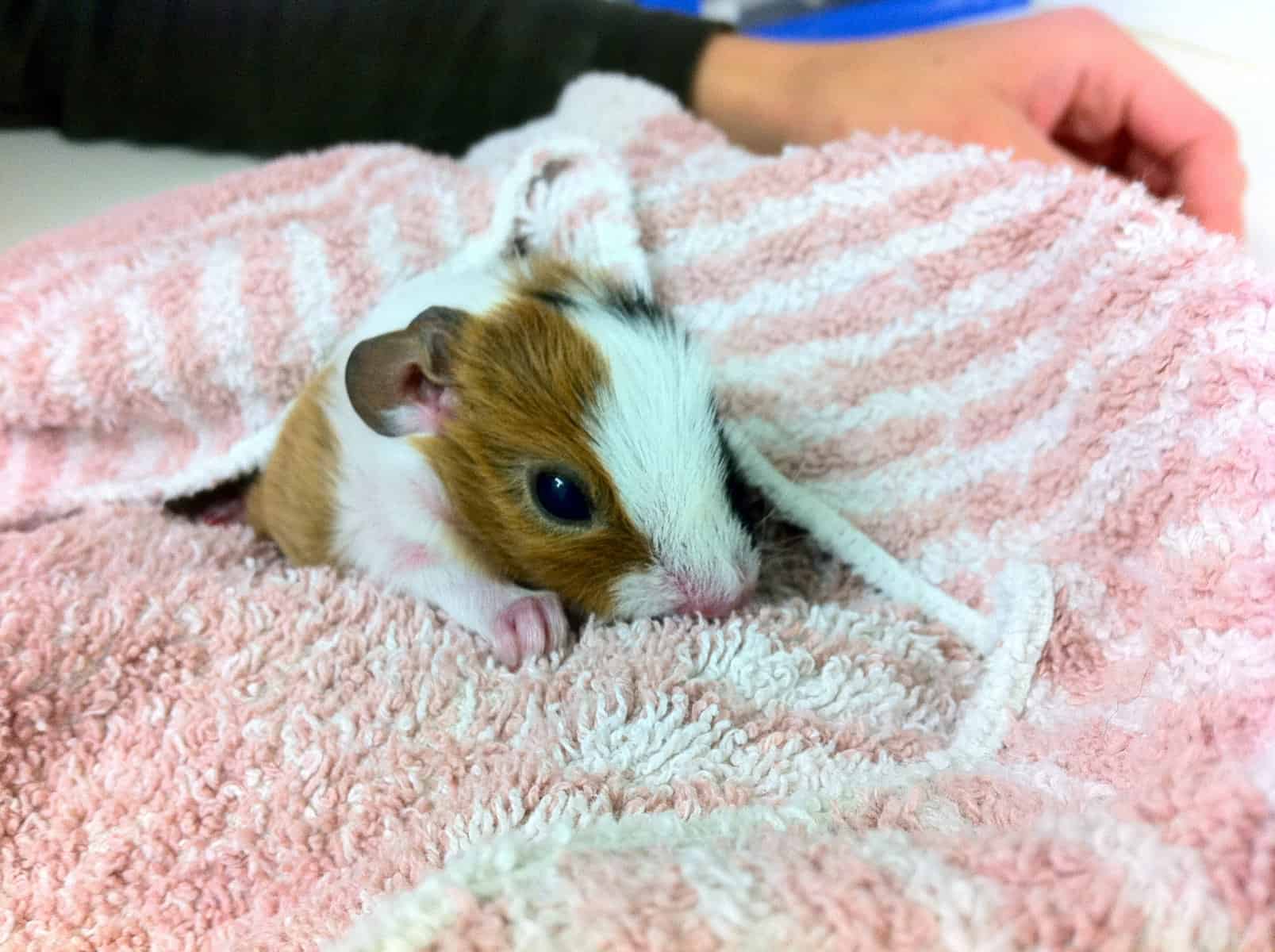
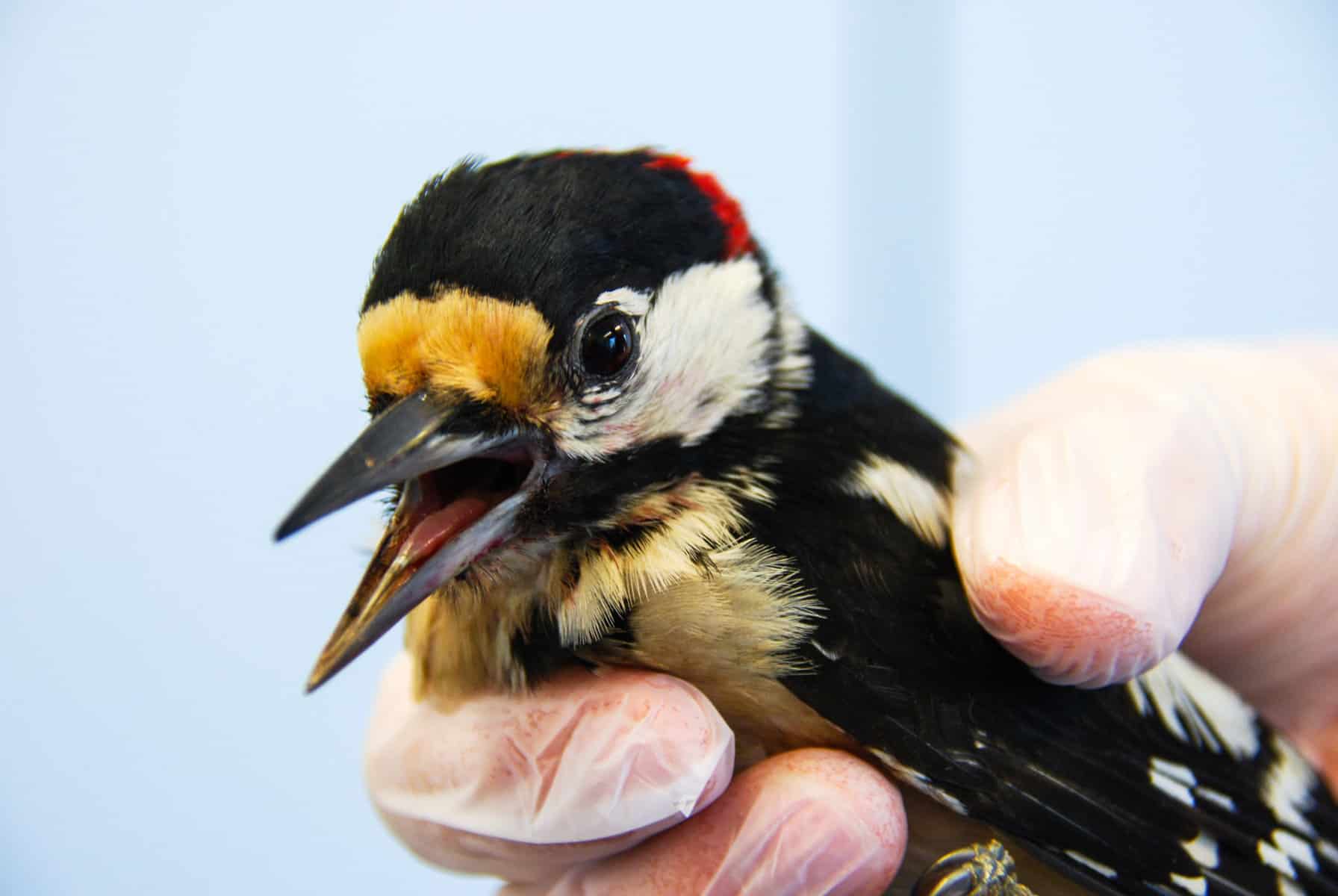
Animal welfare, what makes sense?
As veterinarians, animal welfare is naturally close to our hearts, how could it be otherwise. On the one hand, we live animal welfare every day by trying to improve the quality of life of pets. There are still many problems in the keeping of pets, especially with small pets like guinea pigs or zoo animals. A lot of things go wrong due to ignorance or disinterest, because the animals are bought for the children without a parent taking a proper interest in them. Thereby we do a lot of educational work and talk to the people to improve the keeping of the animals.
Feral pets, especially cats, are another big problem. Our pets are not made to live wild outside. There are no more wild cats in our country, only domestic cats that have been released into the wild. Therefore, it is a difficult to impossible task to keep these animals healthy. It is especially important to stop the reproduction of these animals by castration. If someone feeds feral pets, this person is obliged according to the animal protection law to stop the reproduction and to care for the health of the animals. We also support the pedition for the castration of outdoor cats, which would like to give the problem more emphasis: https://www.kastrationspflicht.ch/de/
In the form of castration campaigns with the help of the Schwyzer Tierschutz or the Susy Utzinger Stiftung, we are also happy to support efforts for active animal welfare by private individuals. However, since we are not an animal shelter, we cannot permanently take in feral pets. However, we warmly recommend the support of the Swiss Animal Protection (STS), which takes care of 20'000 adopted animals per year! In the canton of Schwyz it is the animal shelter Burg in Seewen which takes in the animals. But of course we take care of injured or sick animals, for this we also have an 'Tierschutzkässeli' in our practice: Every animal has a right to help in need!
Wild animals do not fall within our area of responsibility. Nevertheless, we also help in acute cases. However, the longer stationary admission and care of wild animals is not possible with us, because we are neither authorized nor equipped for it. You have to turn to official wild animal care stations (ornithological stations, gamekeepers, etc.), https://www.sz.ch/behoerden/umwelt-natur-landschaft/natur-jagd-fischerei/jagd/aufsicht.html/72-416-397-396-4050-4048).

